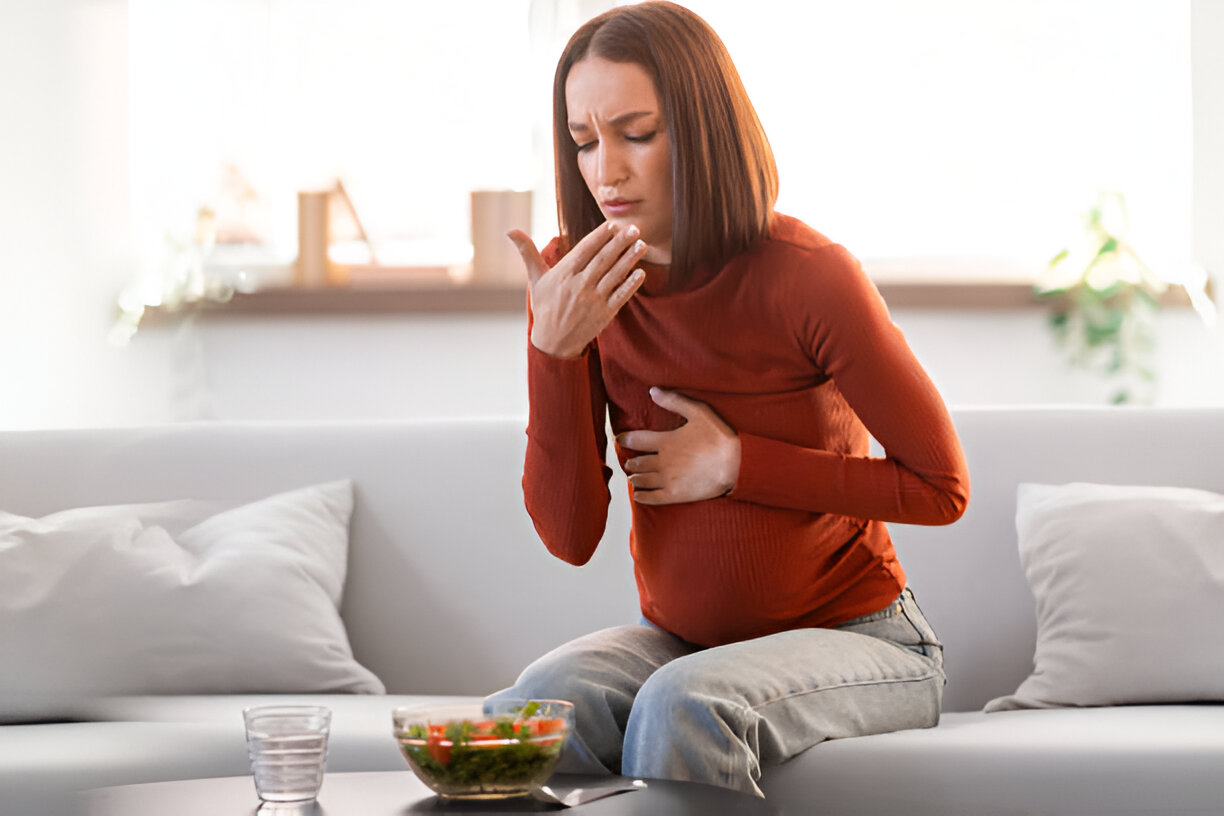Before you’re in full-on baby-making mode, the process may seem pretty straightforward: Have sex, get pregnant. But conceiving sometimes takes a little more planning than that.
As soon as you do begin to think about starting your own family, you’ll likely have more than a few how-to-get-pregnant questions. For example, what should you do before trying to conceive? When’s the best time to try? And is there anything you can do to get pregnant faster?
To help, we’ve got all the best trying-to-conceive tips right here. Read on for the scoop on everything you need to know about how to get pregnant, from your odds of conceiving to what you can do to have a healthier pregnancy right from the start. Happy baby-making!
What are your chances of getting pregnant?
If you’re wondering what your odds are of getting pregnant, your chances are pretty good when you’re younger. In fact, an average healthy couple in their 20s and early 30s has about a 25 to 30 percent chance of getting pregnant during any one menstrual cycle, according to the American College of Obstetricians and Gynecologists (ACOG) Opens a new window.[1]
Though that number may seem low, over the span of a year it means your chances of conceiving are about 75 to 85 percent. Just keep in mind that those odds drop with age, which may be a factor if you’re finding that it’s difficult for you to get pregnant.
What affects your chances of getting pregnant?
A number of factors can contribute to infertility in women or impact your chances of conception. If any of these affects you (or you think they might), talk to your doctor about what steps to take:
- Age. One of the biggest factors is your age, since fertility declines over time. For example, the average, healthy 30-year-old has about a 20 percent chance of getting pregnant each month she tries. By age 40, the odds drop to less than 10 percent each month.
- Smoking. Up to 13 percent of infertility in women is caused by cigarette smoking, according to the American Society for Reproductive Medicine (ASRM). Smoking can lead to fertility problems in men, too, since it can reduce sperm production. If you or your partner smoke, explore ways to quit before pregnancy.
- Drinking alcohol. Alcohol may decrease your chances of conceiving, so it’s best not to drink while in baby-making mode.
- Caffeine intake. Research suggests 1 to 2 cups of 6 to 8 ounces of coffee a day is okay, but more that that could affect your efforts.
- Weight. Being overweight or obese can cause the body to produce too much estrogen, which can throw off your reproductive cycle. On the other hand, being underweight can shut down ovulation. About 12 percent of all infertility cases are a result of a woman weighing either too little or too much, according to the ASRM.
- Health issues. Endometriosis, polycystic ovarian syndrome (PCOS), uterine fibroids and abnormalities of the uterus caused by previous surgeries or scarring can impair fertility. Other illnesses left untreated (including kidney disease, celiac disease, thyroid disease and sickle cell anemia in men) may also affect pregnancy odds.
- Irregular menstrual cycles. If your cycles are irregular — whether due to hormonal imbalances like PCOS, weight issues or medications you take — it can be tougher to figure out when you’re ovulating. Having sex regularly is one way to increase your chances of getting pregnant.
- Autoimmune disorders. Are you being treated for your autoimmune disorder? If not, sometimes getting the autoimmune disease under control can improve fertility. Lupus can affect a woman’s chances of getting or staying pregnant. Type 1 diabetes and rheumatoid arthritis can also cause infertility.
- Sexually transmitted infections (STIs). Untreated STIs (usually gonorrhea and chlamydia) can lead to pelvic inflammatory disease (PID), which can cause permanent damage to the fallopian tubes, uterus and surrounding tissues. This can make it difficult or impossible to get pregnant. Fortunately, timely treatment of STIs can help you avoid PID. If you’re sexually active with more than one partner, see your OB/GYN regularly.
- Occupational exposure to environmental toxins. Some research has shown that prolonged exposure to pesticides, pollutants and industrial chemicals — which usually occurs in certain jobs (more on that below) — can decrease a couple’s chances of conceiving. For women, these toxins can disrupt the menstrual cycle or sex hormone production and reduce fertility and have also been linked to miscarriage. Men may have low hormone levels, a lower sex drive, reduction in sperm or erectile dysfunction.
- Excessive exercise. Even if your weight is just right, exercising too hard (or long, like more than five hours a week) can affect baby-making. But that doesn’t mean you should let your gym membership lapse. Regular, moderate exercise has been found to slightly increase fertility for all women, regardless of weight.
Getting pregnant at any age
Age is a big factor in upping the odds of successful conception. If you’re wondering about the peak age to get pregnant or what age is too late, here’s the lowdown.[2]






